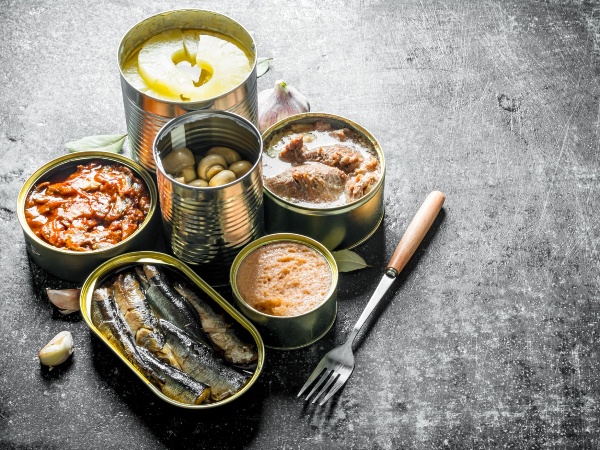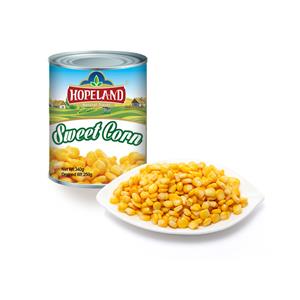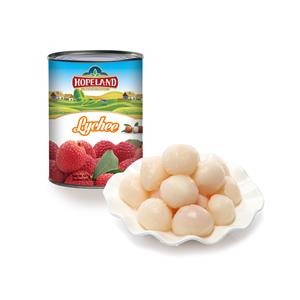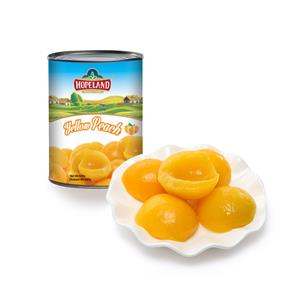The Nutritional and Hygienic Value of Canned Food: A Fresh Perspective
For many years, the nutritional and hygienic value of canned food has been underestimated. Even today, many consumers believe that the canning process significantly diminishes the nutrients in food, making it less nutritious than fresh produce from the supermarket. However, this perception is outdated. In reality, canned foods retain a high nutritional value, often comparable to or even exceeding that of fresh produce.
Freshness and Quality in Canned Foods
The quality of canned food is meticulously controlled and preserved from the very beginning of the pre-processing stage. In fact, many canned foods are fresher than the so-called fresh produce found in grocery stores, which may have been stored and transported for days or even weeks. The process of harvesting, transporting, and canning often takes less than two hours. This rapid transition from field to can is a key factor in preserving the nutritional content of canned foods.
Vitamins and Nutrients in Canned Foods
Canned foods are rich in essential vitamins and nutrients. Vitamins, particularly those sensitive to oxidation, light, and heat, can degrade rapidly in fresh produce. For example, asparagus can lose up to 40% of its vitamin C content within 24 hours of storage and transport, while spinach can lose 30%. Other vegetables experience similar losses. However, studies, such as those conducted at Connecticut University in Ithaka, New York, have shown that the short, high-temperature processing used in modern canning techniques can actually enhance the nutritional value of certain foods. For instance, in canned tomatoes and corn, the process releases lycopene, a powerful antioxidant that helps fight cancer-causing free radicals and supports human metabolism.
Further research from the Institute of Ecological Nutrition in Noucheuglandabach, Germany, has demonstrated that vitamin C losses during canning are often lower than those that occur during regular home cooking. Additionally, essential vitamins such as A, B, and E, along with folic acid, remain well-preserved in canned foods, ensuring that the carbohydrates, proteins, and fatty acids they contain retain their nutritional integrity.
Canned Food: Safe, Nutritious, and Convenient
With advancements in canning technology, particularly the use of "innovative special iron" cans and sophisticated processing techniques, canned food has established itself as a reliable and nutritious option in today’s food market. Modern canning methods ensure that foods are heated just enough to achieve sterilization without compromising the nutrients they contain. This balance between safety and nutrition meets the high standards of contemporary consumers who demand both convenience and quality.
Moreover, canned foods are protected from light and oxidation, which can degrade vitamins. This allows canned products to be stored at room temperature for at least two years without significant nutritional loss, eliminating the need for refrigeration and the associated energy costs.
Conclusion
The nutritional value of canned foods is often misunderstood and underestimated. Far from being inferior to fresh produce, canned foods offer a high level of nutrition, safety, and convenience. With meticulous processing and innovative packaging, canned foods retain essential vitamins and nutrients, making them a valuable addition to any diet. Whether due to the short processing times or the effective preservation of vitamins, canned foods continue to prove that they are not just a convenient option but also a nutritionally sound choice.





